BBC’s key digital products performed well: Report
The BBC’s key digital products, most notably iPlayer, have performed well so far, according to a study report by the National Audit Office (NAO), which is entrusted with the task of examining public spending for the UK Parliament.
This study assesses whether the BBC has the capability to deliver value to its users from its strategic technology review. It examines whether the BBC strategy is evidence-based and supported by a practical, achievable delivery plan, and whether the BBC can demonstrate that it has sufficient and appropriate resources to deliver that plan. The report also examines the BBC’s progress in implementing its digital plans to date and considers the challenges it faces.
According to the NAO, these levels of performance are impressive given available funding is considerably lower than other media organisations with which it competes for audiences, many of which are digital-only. The BBC now aims for its products to be within at least the top three in their fields within the UK and has signalled its intention to move to an internet future with greater urgency.
To maintain its successes to date, and to achieve its targets for market share, the BBC will now need to fully develop its digital-first plans and realistically consider whether it has the resources it needs for this next challenge.
In planning for this next challenge, the BBC already has some solid foundations to build on. It has set out a clear vision for how it intends to use digital technology to improve the services it offers to its users. It has also, through its strategic technology review, established an operating model that includes a product group that is organised in line with industry best practice.
Nevertheless, there are areas which the BBC must address if it is to keep up in a dynamic global media market. In particular, its digital leadership structures need to evolve. This should in turn help bring greater pace to tackling challenges such as the development of a personalisation strategy, including managing potential data risks.
The BBC is independent of government but is sponsored by the Department for Digital, Culture, Media & Sport (DCMS), and regulated by Ofcom, the communications regulator. The BBC’s Charter Agreement with DCMS provides further detail on many of the topics outlined in the Charter, including the BBC’s funding and its regulatory duties. The BBC is primarily funded by the television licence fee, which gave it £3.8 billion of its £5.3 billion income in 2021-22.
Although 88% of the time audiences currently spend with the BBC is through traditional television and radio broadcasting, it has for a number of years sought to complement these with digital services. It launched its homepage in 1997, iPlayer in 2007, and now offers an array of apps and websites. The BBC now competes not only with television and radio broadcasters, but also with online providers, often based overseas and funded by private capital, including Netflix, Amazon Prime and Disney+, and audio services including Spotify.
The BBC sees its digital services as essential to its long-term future. In September 2020, the BBC’s director general launched its Value for All strategy, a priority of which is extracting “more value from online”. This means using technology and data to offer audiences a greater range of services through a portfolio of digital products including BBC News Online, Sport, iPlayer and Sounds.





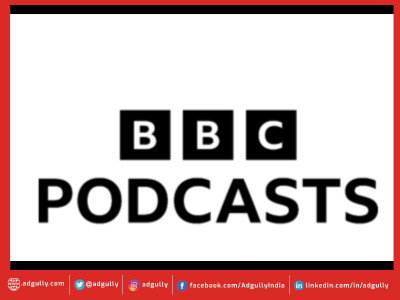
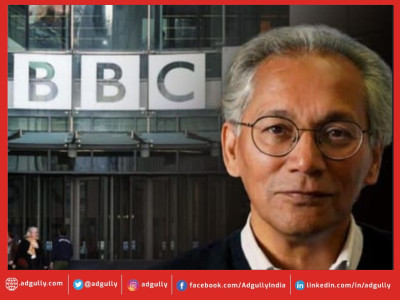

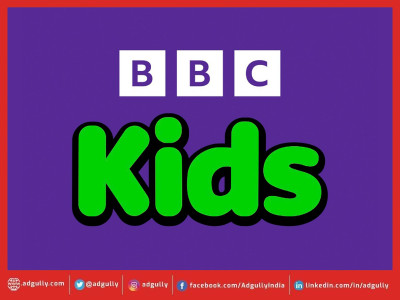

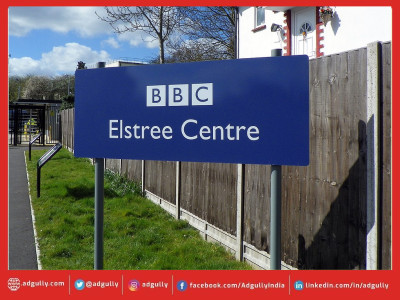
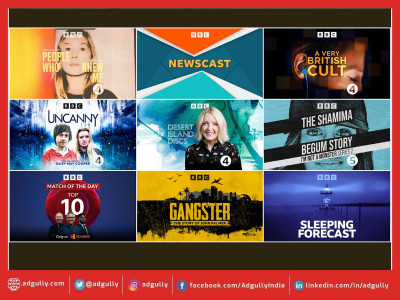


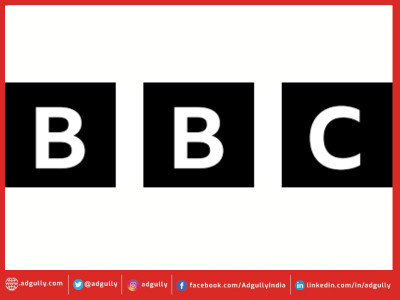
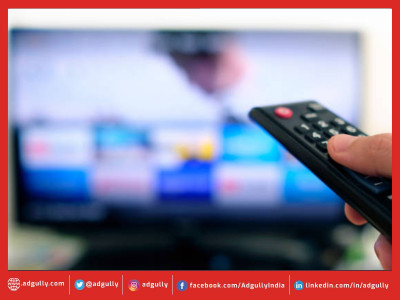


Share
Facebook
YouTube
Tweet
Twitter
LinkedIn